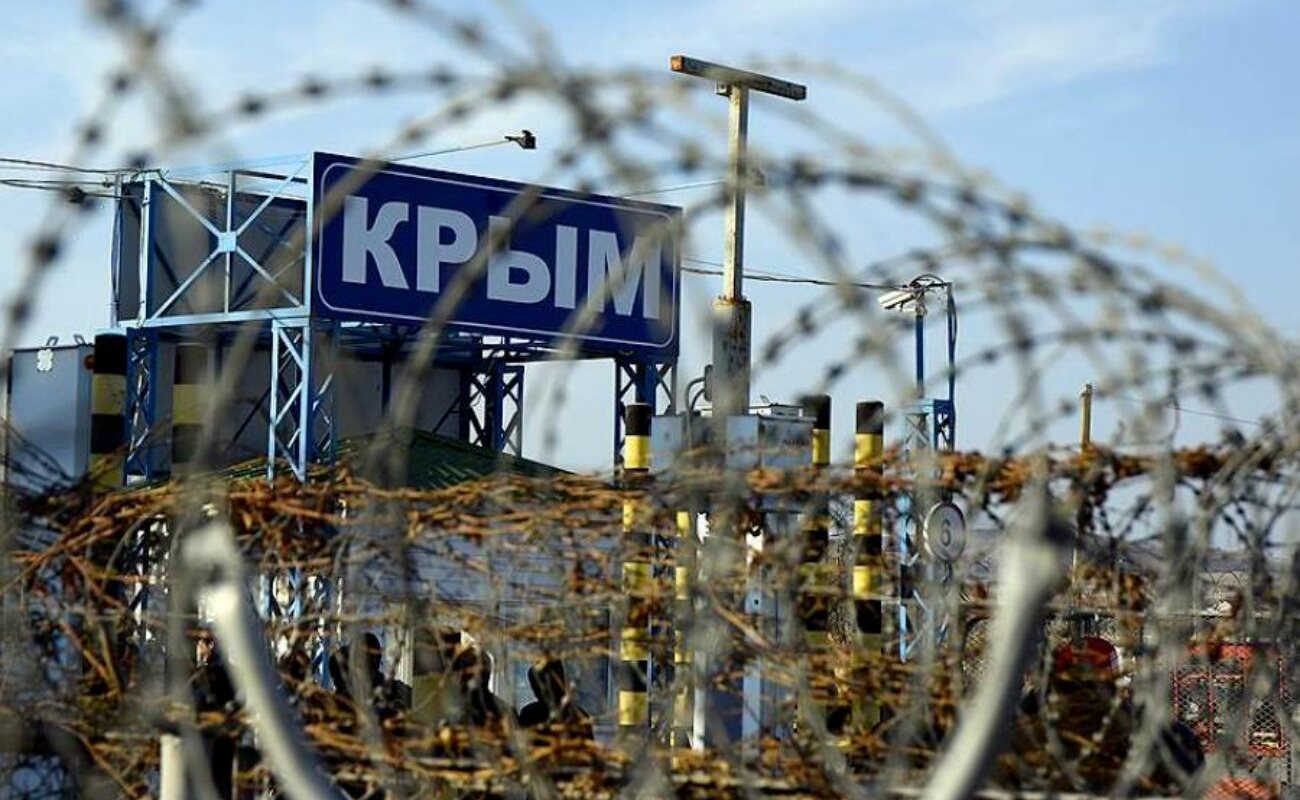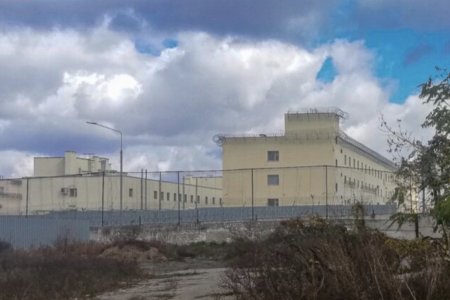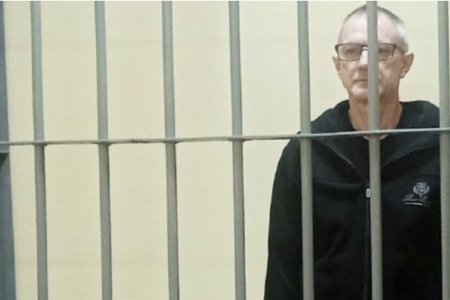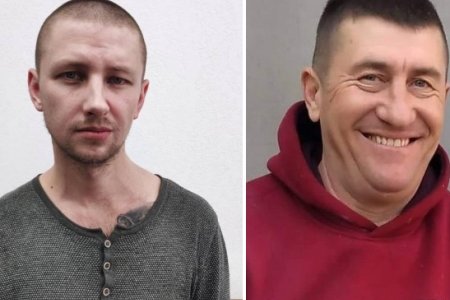
Moscow began imprisoning Crimean Tatar and other Ukrainians from occupied Crimea back in 2014. Since its full-scale invasion of Ukraine in 2022, the peninsula has also become “a huge prison for Ukrainian citizens from Kherson and Zaporizhzhia oblasts”.
This was how Olha Skrypnyk, Head of the Crimean Human Rights Group, recently described the present situation where Russia is holding incommunicado at least 100 Ukrainian civilians, in particular those abducted from Kherson and Zaporizhzhia oblasts The men and women are simply imprisoned, without any charges having been laid, and generally without even acknowledgement that they are in custody. Skrypnyk said that they have only been able to fully verify the imprisonment of 53 such hostages in accordance with international standards, with their names passed to the UN’s Independent International Commission of Inquiry on Ukraine. The real number could be much higher and impossible to determine when Russia is not admitting to the Ukrainians’ imprisonment, nor laying charges.
As reported, in many cases families of people abducted by the Russian invaders run up against brick walls trying to find out what happened to those abducted. Often the only information comes from others held prisoner in the same informal torture chamber on occupied territory, or in prisons in occupied Crimea or Russia who contact the person’s family. Maksym Kolesnikov, one of 116 Ukrainian prisoners of war released in an exchange of prisoners in February 2023, confirmed that in the Russian SIZO [remand prison] where he had been held prisoner, there had been more Ukrainian civilians, than POWs. He explained that, at the beginning, he had been held in a cell with 14 men of whom only four had been soldiers. In the cell next door to them, there had been twelve prisoners, all of them civilians.
While the real number of those held incommunicado in occupied Crimea is impossible to gauge, it is telling that since the beginning of Russia’s full-scale invasion of Ukraine, two new SIZOs – No. 2 and No. 8 – have been opened in occupied Simferopol. The Crimean Human Rights Group reported earlier that both these new prisoners were directly controlled by Russia’s FSB or security service. At least SIZO No. 2 was also used to imprison the ever-increasing number of Crimean Tatar and other Ukrainian political prisoners seized in occupied Crimea. Many, however, were abducted by the Russian invaders from occupied parts of Kherson and Zaporizhzhia oblasts. In some cases, such as those of journalist and civic activist Serhiy Tsyhipa, Ukrainian veteran and civic activist Oleksandr Zarivny; and IT specialist Ivan Kozlov, absurd ‘spying’ charges were later concocted, with all three Ukrainians sentenced by illegitimate occupation ‘courts’ to huge terms of imprisonment (13, 13 and 11 years, respectively).
The Crimean Human Rights Group reported earlier that, as of September 2023, there were over 120 prisoners in SIZO No. 2, with none of these believed to be ‘ordinary’ prisoners.
Among those whom Russia seized back in 2022 and who continue to be held incommunicado are Oleksandr Babych, Mayor of Hola Prystan (Kherson oblast. It will soon be too years since he was seized by the Russian invaders, yet no charges have been laid, nor has there ever been official confirmation from Russia that it is holding him prisoner. In fact, Babych is known to have been imprisoned together with Russia’s oldest civilian hostage, 75-year-old Mariano Garcia Calatayud, a Spanish national seized by the Russians from Kherson oblast, whom Russia only admitted to holding in April 2023. While it is believed that Kherson IT consultant Iryna Horobtsova is illegally imprisoned in SIZO No. 2, Russia has refused to provide any information about her whereabouts. They are not strictly denying that she is in their custody, but told her lawyer, Emil Kurbedinov that they could not give any details “in defence of state secrets”.
It should be stressed that Russia’s FSB have been using periods after Crimean Tatar or other Ukrainian political prisoners are seized, but before they are formally charged, to torture out ‘confessions’ to non-existent crimes. Such periods where the person is not officially in Russian custody are extremely dangerous, with the FSB often telling their victims that, if they don’t provide the ‘confessions’ demanded, they will be killed and dumped in a forest, or similar.
Even where, as in the above-named cases, Russia can no longer deny holding the Ukrainians hostage, they can, and often do, illegally take them to the Russian Federation, making it even harder for Kyiv and human rights groups to find out where they are. Yevhen Yaroshenko from CrimeaSOS points out that Russia has not just stolen almost 20% of Ukraine’s territory. It has also deprived hundreds of Ukrainians from such occupied territory of their freedom, while hundreds of thousands of others live in constant fear that they too will be seized and imprisoned, or found murdered.



